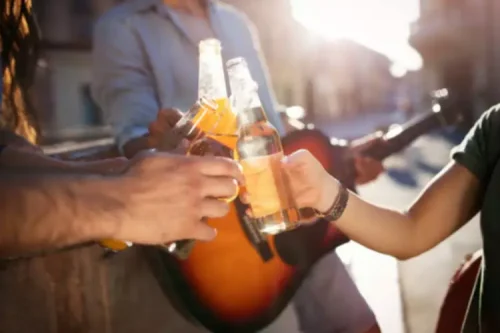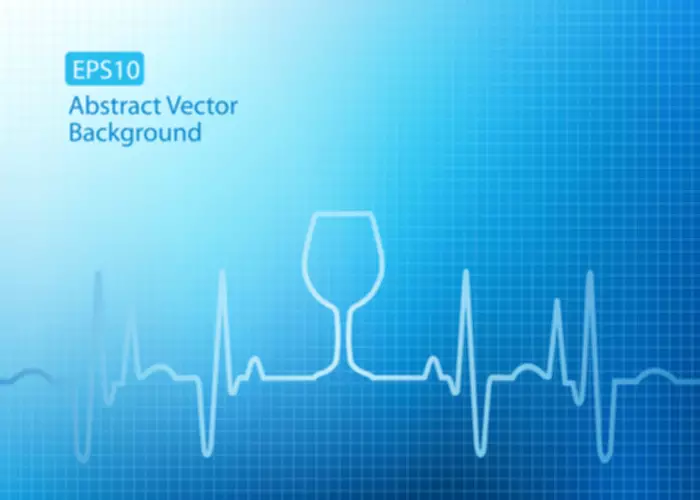
If some urges seem to pop up “for no reason,” it might be because there was nothing else in those moments to occupy your mind. Specializing in diverse mental health challenges, including depression, addiction, and trauma, Christy embraces a person-centered approach. She tailors interventions to individual needs, drawing from modalities like mindfulness, DBT, CBT, and EMDR. Justin was born and raised in Fort Collins, Colorado, where he began his clinical education at Colorado State University. He received his bachelor’s in health and exercise science with a concentration in sports medicine and eventually earned a master’s of psychology in addiction counseling.
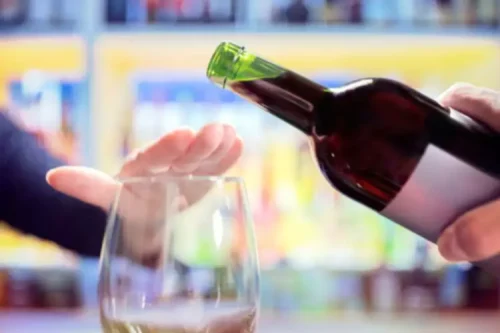
Effects of Bored Drinking
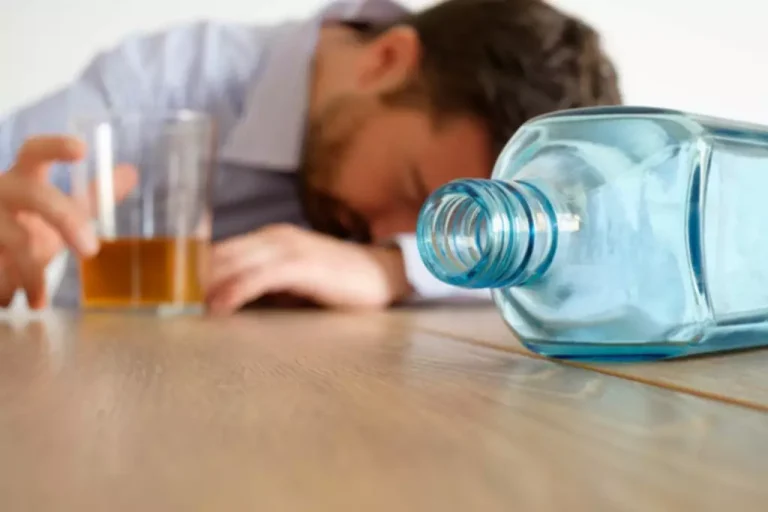
This puts those who have formed an attachment to alcohol in a very vulnerable position. Regularly consuming alcohol when you’re bored has both short-term and long-term effects on your health, even if it doesn’t lead to a drinking disorder. In drug rehab centers in South Carolina, a wide range of substance addictions are addressed. These facilities are equipped to treat addictions to various drugs, including but not limited to, alcohol, opioids, stimulants, etc. Volunteering and participating in community events can help you stay engaged, build meaningful connections, and reduce boredom drinking.
[Podcast] Episode 8: Harm Reduction in Alcohol Health with Expert Dr. Andrew Tatarsky
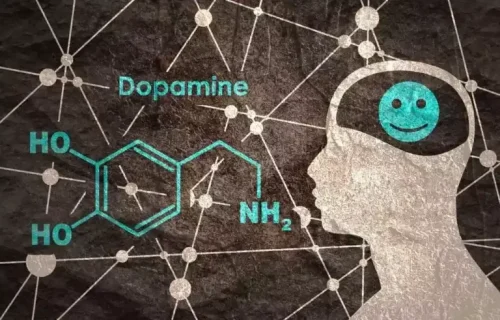
Are you tired of drinking out of boredom and ready to embrace a sober life in 2024? Many people struggle with boredom drinking, but the good news is that there’s a way out. By engaging in creative pursuits and learning drinking boredom new skills, you can effectively replace boredom drinking with more fulfilling and enjoyable activities. This will help you regain control of your life and improve your overall mental health and well-being.
Get fit with Trainwell: Expert trainers and human accountability for your health goals
However, when alcohol makes up part of your typical routine, drinking can become something of an automatic response, especially when you feel stressed or overwhelmed. Becoming more aware of your alcohol triggers and reasons for drinking can help you plan ways to help manage the urge to drink. Knowing why you drink is essential, says Cyndi Turner, LCSW, LSATP, MAC, a Virginia therapist specializing in addiction treatment and alcohol moderation. All the same, “a quick drink” often turns into three or four drinks.
- She has a passion for working with clients to help them develop a more profound sense of identity to navigate depressive and anxious symptoms.
- By employing these frameworks, Megan empowers her clients to confront their realities and comprehend the tangible impact of systemic factors on their lives.
- What’s more the National Institute on Alcohol and Alcoholism reports that about 90% of those individuals who were in treatment for alcoholism relapse within four years.
- Jill is a Colorado native who received a master’s in clinical psychology with an emphasis on women’s studies from the University of Houston.
- The National Institute on Alcohol Abuse and Alcoholism estimates that 17 million American adults have alcohol use disorders.
Habitual patterns of alcohol consumption can play a significant role in boredom drinking. These habits are often activated by certain cues or conditions, like boredom, which can lead to excessive drinking and result in a variety of health issues, including alcohol abuse. By recognizing and addressing these habits, you can break the cycle of boredom drinking and take control of your life. Stress, anxiety, and loneliness can all be potential triggers for boredom drinking. People may turn to alcohol as a way to cope with these negative emotions, but in doing so, they may be putting their mental health at risk.
Without a steady supply of drugs, the brain begins to lose its tolerance to substances. If the person then consumes a high dose, an overdose is likely since the brain is not prepared for the effects. Boredom can be problematic for anyone, but for people in addiction recovery, boredom can be dangerous. Being bored in addiction recovery can result in a number of regretful decisions as people search for entertainment, excitement and feelings of connection.
Mental Health Treatment
- On the one hand, life is full of things that we can and should be doing.
- By building a strong support network, you can access the encouragement and guidance you need to stay sober and successfully overcome boredom drinking.
- Drinking alcohol is often seen as a very social activity, but in truth for millions of people, it’s the total opposite.
- If a person’s cupboards and refrigerator are full of appealing but unhealthy foods, the person may feel inclined to eat them when they feel bored.
- It’s the fine line at which point a person may cross over from casual drinking into having an alcohol use disorder.
Her fields of interest include Asian languages and literature, Japanese translation, cooking, natural sciences, sex positivity, and mental health. In particular, she’s committed to helping decrease stigma around mental health issues. Research shows that most people believe that drinking can make them feel better.
- If you’re not sure whether boredom is a drinking trigger, keep a running list of when you feel the urge to drink.
- Outside of work, she’s a devotee of Krishna, and her friends call her Karunya Shakti, which means compassionate energy.
- There are plenty of situations where having a drink is a great way to celebrate an accomplishment.
